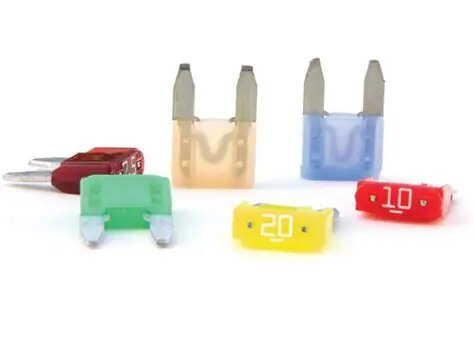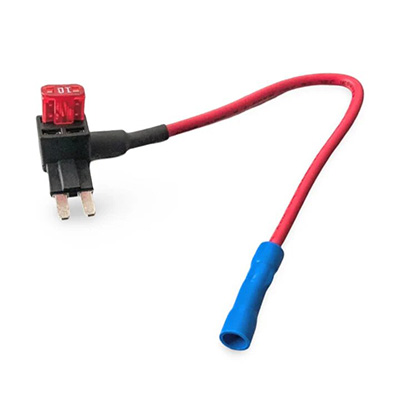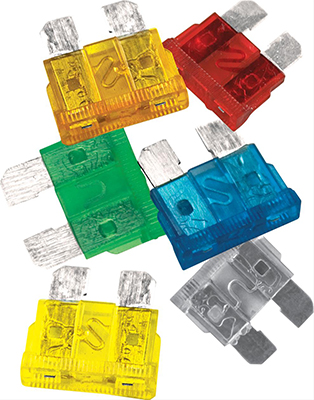Advanced Techniques for Diagnosing and Fixing Car Fuse Failures in Electrical Systems
News 2025-10-13
Car fuses are essential components in automotive electrical systems, acting as safeguards against overloads and short circuits that could lead to fires or damage. They are small, inexpensive devices that break the circuit when too much current flows, protecting wiring and components. In modern vehicles, fuses are commonly found in fuse boxes under the hood or dashboard, covering systems like lighting, audio, and engine controls. Understanding fuse troubleshooting is crucial for DIY enthusiasts and mechanics alike, as electrical issues can cause frustrating problems such as non-functional lights or dead batteries. By mastering these steps, you can quickly identify and resolve issues, ensuring reliable vehicle performance in various driving scenarios.

Identifying Common Symptoms of Fuse Problems
Fuses often fail due to age, corrosion, or excessive current, leading to specific signs that drivers should watch for. For instance, if interior lights dim or fail entirely, or if power windows stop working, a blown fuse might be the culprit. In high-performance vehicles, fuse issues can affect advanced features like infotainment systems, highlighting their role in maintaining safety and convenience. Performance advantages include rapid response times to overloads, preventing costly damage to sensitive electronics. Regular inspection in demanding environments, such as off-road driving or extreme weather, can help catch problems early, extending the lifespan of your car’s electrical setup.
Step-by-Step Guide to Troubleshooting Fuses
To effectively troubleshoot, start by consulting your vehicle’s manual to locate the fuse box and identify fuse ratings. Begin with a visual inspection: look for discolored or melted fuses, which indicate a failure. Use a multimeter to test continuity; a reading of infinite resistance means the fuse is blown and needs replacement. Always work with the ignition off to avoid shocks or further damage. This method is particularly useful in scenarios like diagnosing why a car’s horn isn’t working or lights flicker during acceleration. The precision of fuse systems offers a performance edge by isolating faults quickly, reducing downtime and repair costs compared to more complex diagnostics.
Frequently Asked Questions
1. What causes a car fuse to blow frequently?
Frequent blowing often results from underlying issues like short circuits or overloaded circuits, such as adding aftermarket accessories without upgrading the fuse rating.
2. Can I use a higher amperage fuse as a temporary fix?
No, using a higher amperage fuse can lead to wiring damage or fires; always replace with the correct rating to maintain safety and performance.
3. How do I prevent fuse problems in my car?
Regularly check and clean fuse contacts, avoid electrical modifications without professional advice, and monitor for signs of wear to ensure long-term reliability.


